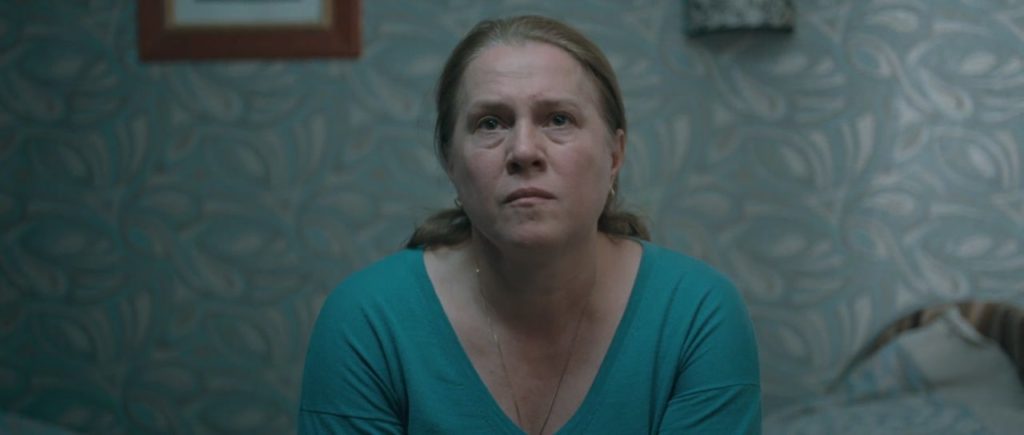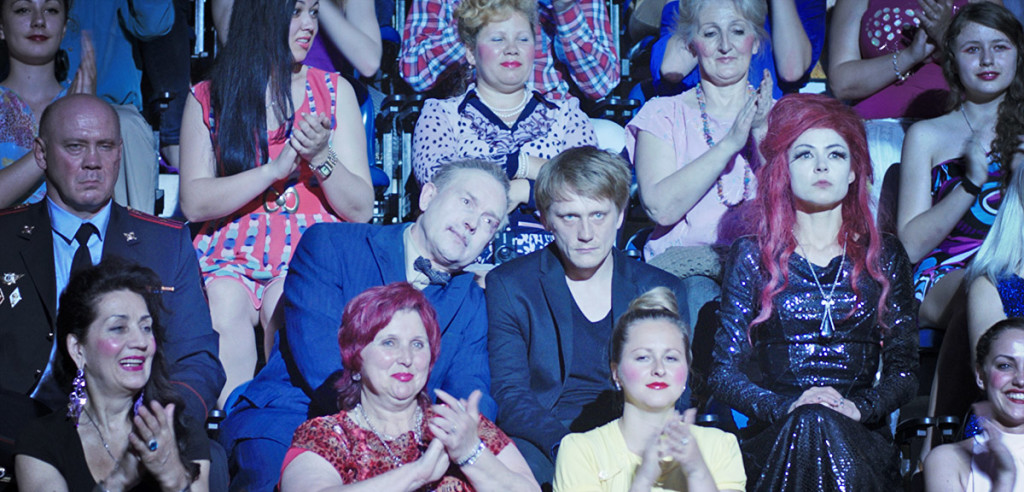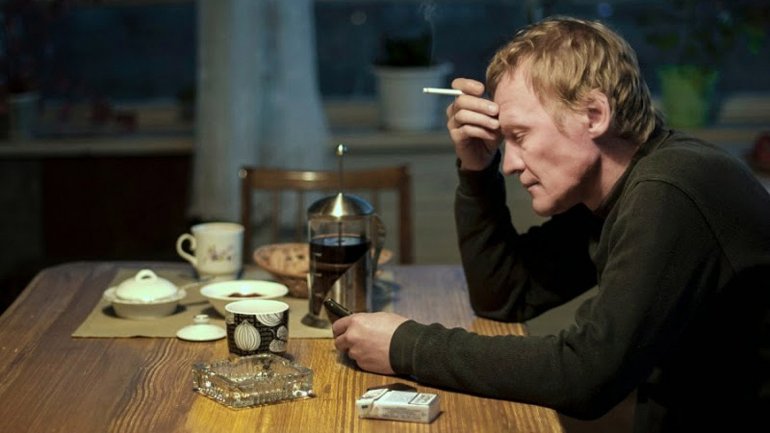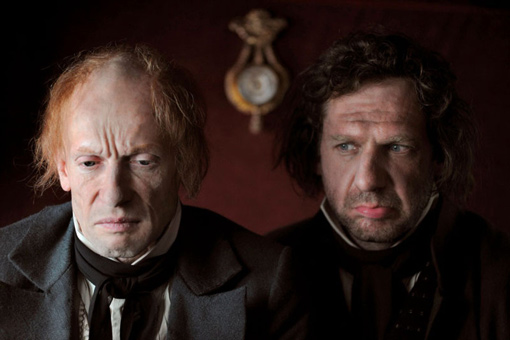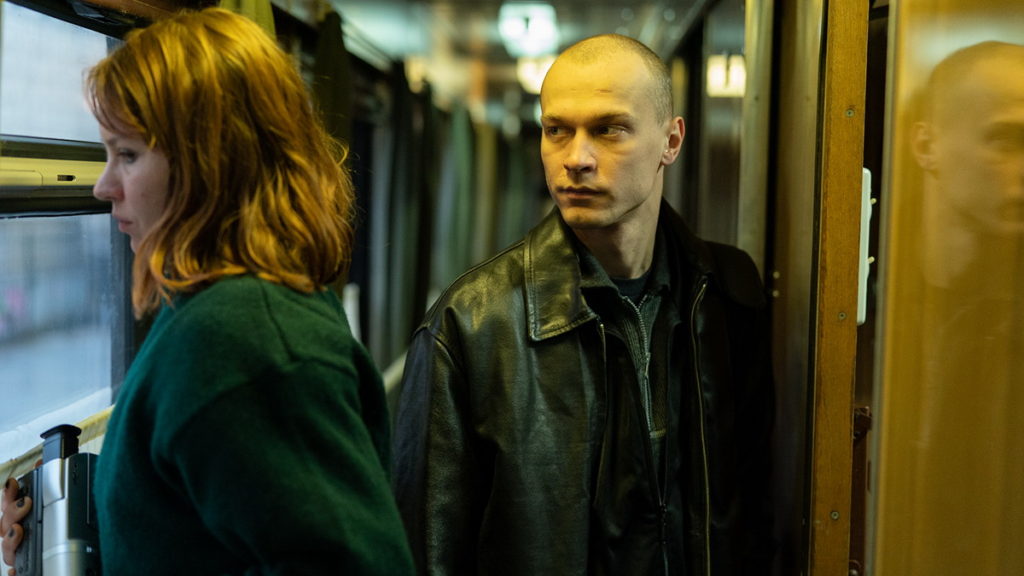
In Compartment No. 6, an odd couple must share the same claustrophobic compartment in a dreadful train ride to Murmansk. She aims to see ancient petroglyphs, and he is heading to a job in a massive mining operation, but they’re really on a journey to human connection.
Compartment No. 6 won the Grand Prix, essentially the second place award, at Cannes; (in 2022, as in recent years, the Grand Prix winner is a much better movie than the winner of the more prestigious Palm d’Or).
Laura (Seidi Haarla) is a mousy Finnish college student in Russia, studying Russian language or archaeology – it’s not exactly clear. She is having a fling with a 40ish Russian professor, and Laura is more deeply invested in the relationship than is her new girlfriend. Laura is out of her depth with the girlfriend’s academic friends. The girlfriend cancels their planned trip at the last moment, and Laura, disappointed, still heads off to Murmansk on her own.
Given the discomfort of Russian train travel, this multi day trip is not for the faint-hearted anyway, but Laura is alarmed to find herself sharing a second-class compartment with a nightmare of a roommate. Ljoha (Yuri Borisov) is an obnoxious drunk, a slob leaving a trail of cigarette ashes and partially eaten sausage. This is a guy devoid of intellectual curiosity, who has never had an original thought. What he possesses in mass quantities is macho boorishness – his icebreaker is “are you traveling alone to sell your cunt?”
More restrained when he is sober, Ljoha is socially inept. As emotionally vulnerable as is Laura, so is Ljoha – he’s just trying very hard to hide it with bravado.
What is important to Laura – and to Ljoha? Fundamentally, each needs to find human connection. Compartment No. 6 takes us on their unpredictable journey. This is not a conventional hate-each-other-and-then-fall-for-each-other movie romance.
Compartment No. 6 is hardly an advert for Russian passenger trains. The train attendant is surly and officious, the running water doesn’t work, and the dining car menu is ever diminishing. The passengers are constantly smoking, and they have no ability to wash themselves. As the trains winds northward, you can’t help but imagine the rancid odors.
Compartment No. 6 is the second feature for Finnish director and co-writer Juro Kuosmanen. Boy, I liked this movie.

